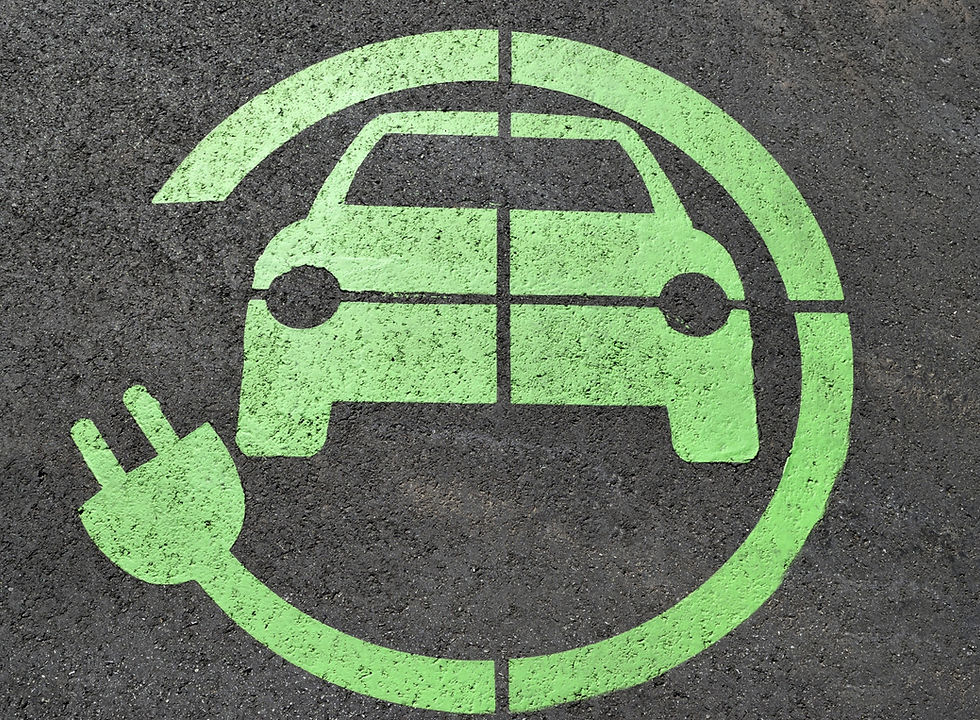Nicaraguan Elections: Democracy in Decline
- James Robson

- Nov 29, 2021
- 3 min read
Anti-government protests broke out in 2018 when pro-government groups violently crushed a small demonstration on pension reform. Hundreds of protesters died in the ensuing violence with Oretga’s security forces using live ammunition and sharpshooters. Ortega has used the protests as an excuse to silence his political opponents and secure the election.

On November 7th, Nicaragua held presidential elections in which Central America’s longest serving leader, Daniel Ortega, won a fourth consecutive term. Human Rights organizations and US officials have labeled the election a shame with the White House calling the elections “neither free nor fair, and most certainly not democratic”. A series of crackdowns have occurred in the run up to the election prompting international condemnation.
Ortega has governed over Nicaragua since 1985 as leader of the Sandinista National Liberation Front. The 75-year-old started his political campaign as a Marxist Revolutionary, fighting Nicragua’s right-wing Dictator, Anastasio Somoza Debayle. As President, he has pushed several national programs including nationalization of key industries, land reform, wealth redistribution and a literacy campaign.
Anti-government protests broke out in 2018 when pro-government groups violently crushed a small demonstration on pension reform. After videos of the incident surfaced online, protests broke out on the street which in turn brought on more repression. Hundreds of protesters died in the ensuing violence with Oretga’s security forces using live ammunition and sharpshooters.
Although less violent, the protests have continued up until this most recent election. Ortega has used the protests as an excuse to silence his political opponents and secure the election. The opposition's main presidential candidates - Christina Chamorro, Arturo Cruz, Féliex Maradiga, Juan Sebastián Chamorro, and Miguel Mora have all been either detained, restricted and forced into exile along with 24 student activists. A major advocacy group named “Citizens for Liberty” had their legal status revoked. All the candidates that have been allowed to participate in the election have been labeled “collaborators'' by opposition groups.
In July, the US imposed sanctions on 100 Nicaraguan officials in response to the arrests. The sanctions target Nicaragua’s judicial system and assembly members. The State Department hoped the sanctions would “Promote accountability not only for the regime leaders but also officials who enable the regime's assault on democracy”. U.S. visas held by the targeted individuals were revoked. Oretrga responded to the sanctions by defending the arrests as necessary for national security and criticized US involvement in the country's affairs. He declared that the US is seeking to “again sow terrorism” within Nicaragua, a reference to the US funding of right-wing “Contra” fighters in the 1980s.
The US is now preparing a new set of sanctions in response to the November 7th election. Officials are also reviewing Nicaragua’s involvement in the Central American free trade agreement and has already halted support for Nicragua’s “trade capacity building” activities that support Ortega’s government.
This most recent flare up in tensions follows a long history of US involvement in Nicaragua. From the Banana Wars to the Iran-Contra affair, the US has consistently used its overwhelming military presence in the region to protect US trade interests. President Ortega himself started his political career as a revolutionary fighting against US influence in the nation. Sanctions coupled with political instability could trigger a refugee crisis in the country, an event Biden has explicitly aimed to avoid in his strategic plan to reduce immigration from Latin America to the United States.
Moving forward, the United States must develop a more diverse sanction strategy to deal with Nicaragua’s slide into dictatorship. Currently, those close to Ortega do not have any incentive to separate themselves from the actions of the regime. A concerted effort between the US and EU, two of Nicaragua’s largest trading partners, must be utilized to prevent the funding of Ortega’s police state. Similarly, the US must target high ranking generals such as Julio Cesar Aviles Castillo to sever ties between Ortega and the military. Ortega has successfully quelled protests by the people through violent measures, but once the military and business community turn on him, he will be completely isolated.
James Robson is a second year student studying CLEG at the School of Public Affairs. He is a staff writer at American Agora.
Image Credits: MRS Movimiento Renovador Sandinista







Comentários